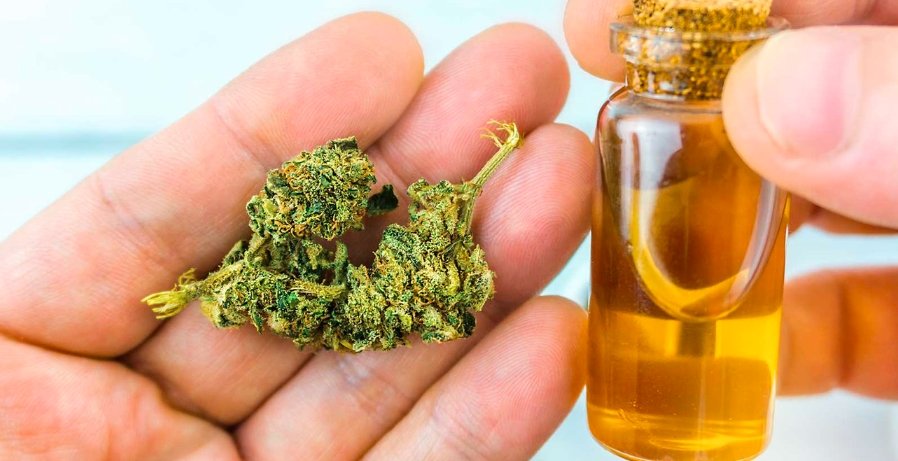The South Dakota Senate Health and Human Services Committee voted 5-2 on Tuesday to defer any further action on a bill that would have limited the access of patients to medical cannabis. The bill, SB 82, was sponsored by Senator Jim Mehlhaff and 14 co-sponsors, and it would have required patients to obtain a medical cannabis card only from their primary care provider or a provider recommended by them. The bill also defined what a primary care provider could be, and imposed criminal penalties on doctors who issued recommendations without meeting the criteria.
Bill Faced Opposition from Patients and Advocates
The bill faced strong opposition from patients and advocates, who argued that it would create barriers to access, especially for those who do not have a primary care provider or have one that does not support medical cannabis. They also pointed out that patients are not required to have a primary care provider for other medications, and that there was no evidence of widespread abuse of medical cannabis cards by unqualified patients.
Jeremiah Murphy, a lobbyist for the South Dakota Cannabis Industry Association, said that SB 82 was the most critical threat to the medical cannabis program, which was approved by voters in 2020. He said that the bill would have effectively repealed the will of the people, who voted for medical cannabis to be available for patients with debilitating medical conditions.
Melissa Mentele, the executive director of New Approach South Dakota, a group that campaigned for the legalization of medical cannabis, said that the bill was unnecessary and harmful. She said that the current law already requires a bona fide doctor-patient relationship, and that the Department of Health has the authority to regulate the program and prevent any fraud or misuse.
Other Bills Passed to Amend Medical Cannabis Program
The committee also passed three other bills that would amend the medical cannabis program, which is set to launch on July 1, 2024. The bills are:

- SB 71, which would allow law enforcement to inspect and investigate medical cannabis dispensaries and cultivation facilities. Previously, only the Department of Health was authorized to do so, as a way to protect the nascent industry from interference.
- SB 43, which would increase the fee for a dispensary license from $5,000 to $14,000, and allow the Department of Health to revoke licenses of dispensaries that fail to comply with the rules and regulations.
- SB 95, which would clarify the definition of marijuana and hemp, and exclude hemp-derived products from the medical cannabis program.
The bills will now move to the House Health and Human Services Committee for further consideration.
Medical Cannabis Program Has Over 13,000 Registered Patients
South Dakota became the first state to legalize both medical and recreational cannabis in the same election in 2020, but the recreational measure was struck down by a circuit court judge in February 2021. The ruling is being appealed to the state Supreme Court, which is expected to hear the case later this year.
The medical cannabis program, however, has been moving forward, despite attempts by some lawmakers to repeal or delay it. According to the Department of Health, over 13,000 patients have registered for medical cannabis cards, and over 250 practitioners have been approved to issue recommendations. The department has also issued proposed rules and regulations for the program, which are open for public comment until February 9, 2024.



